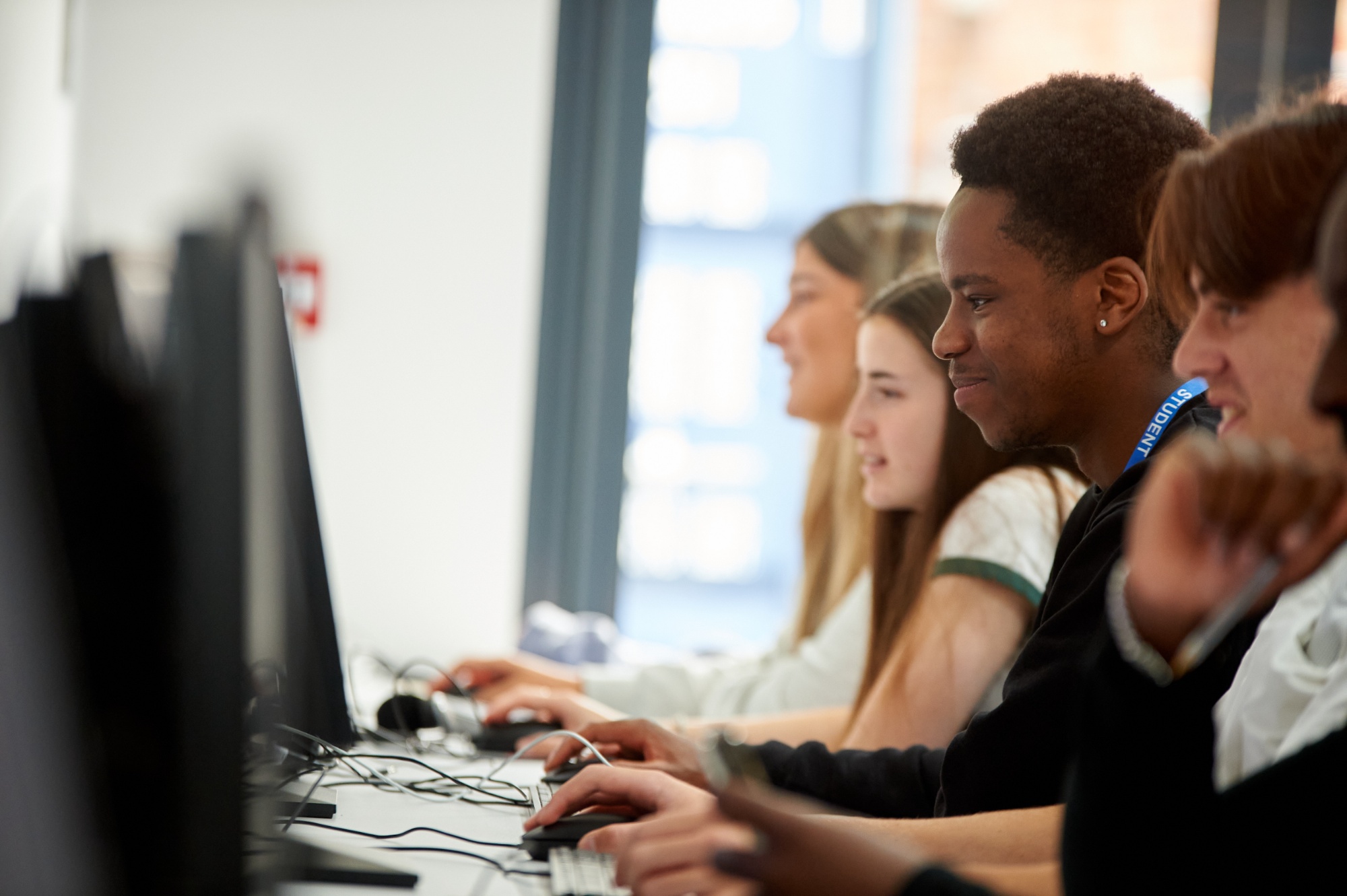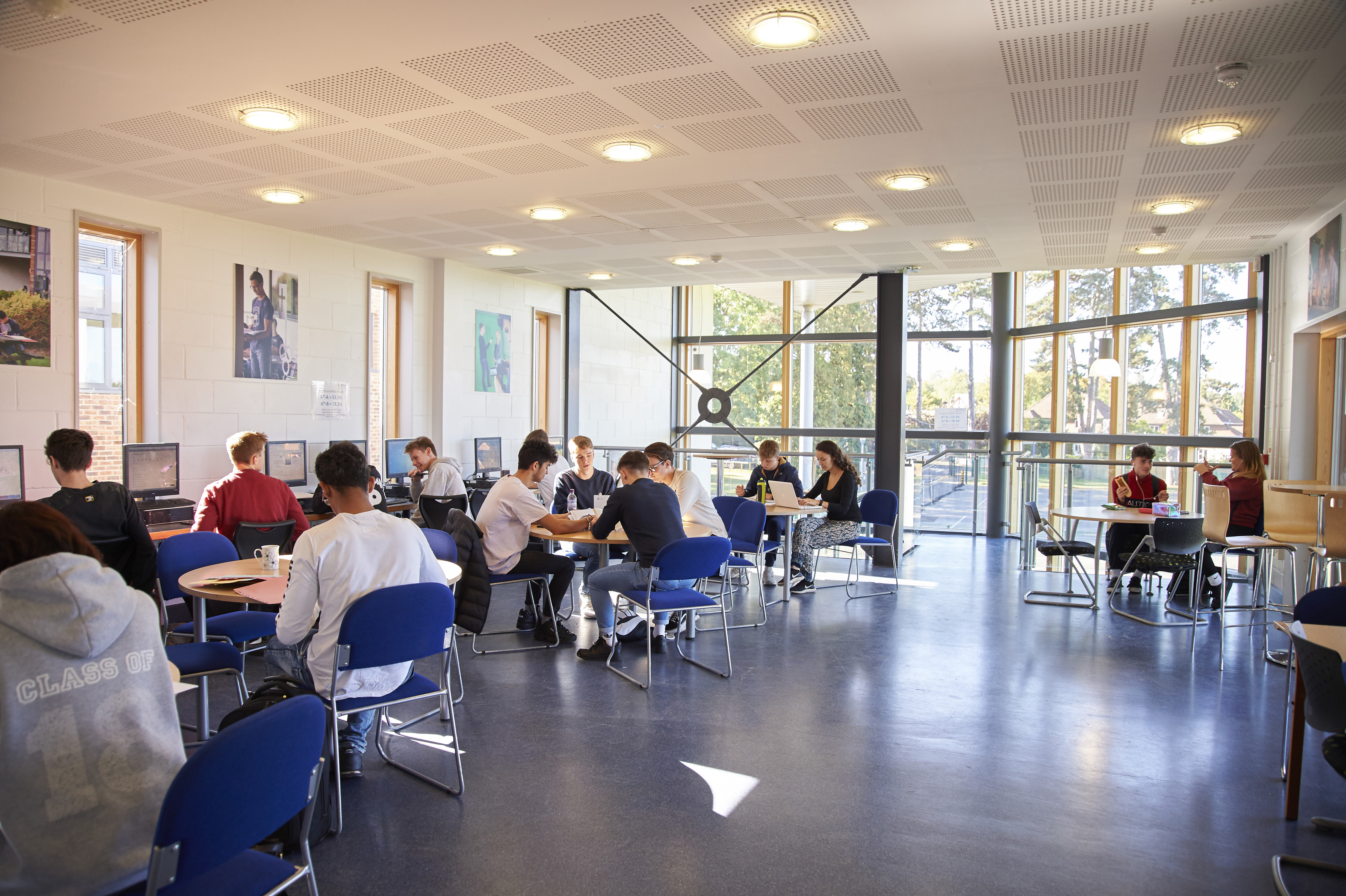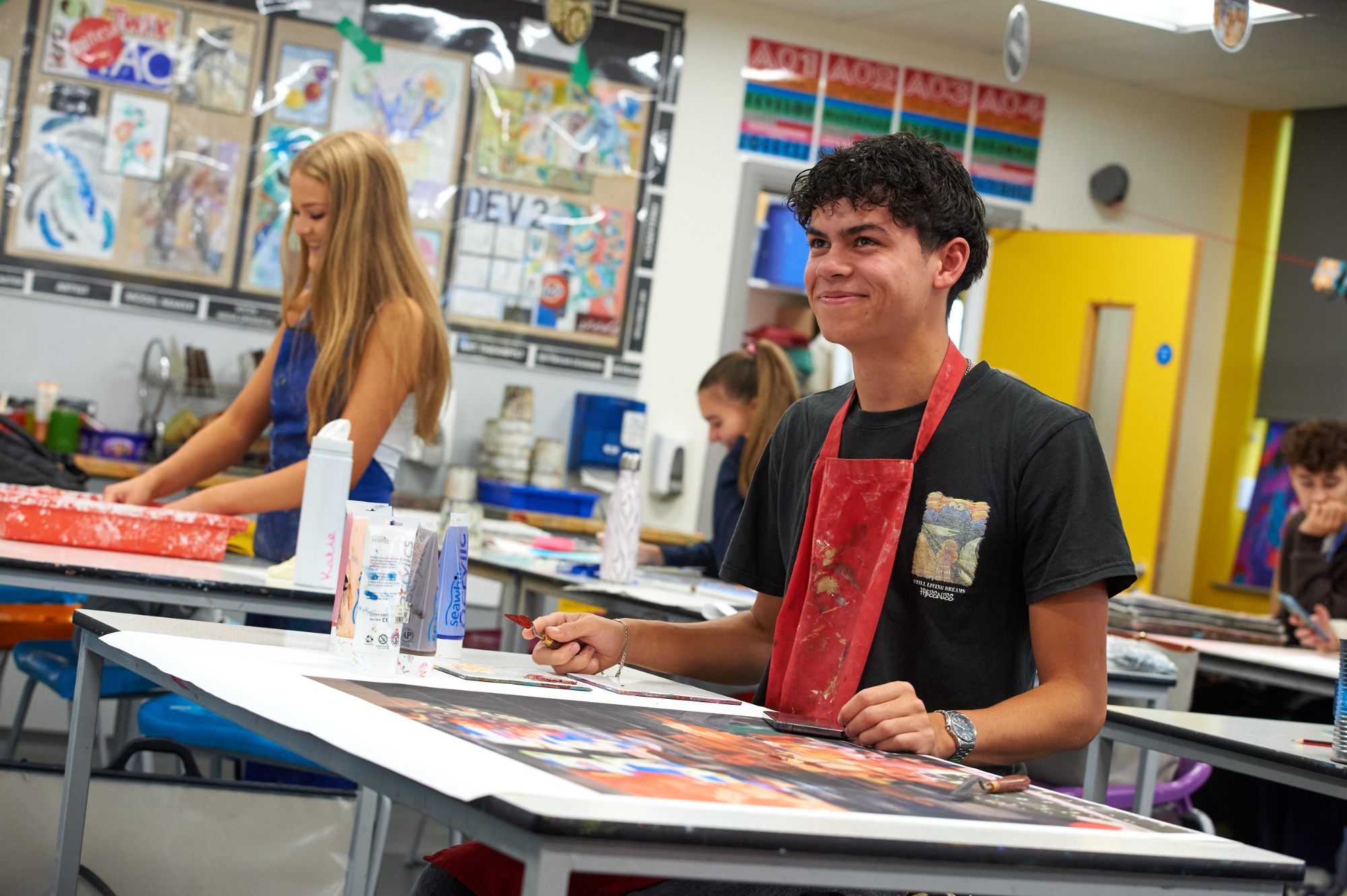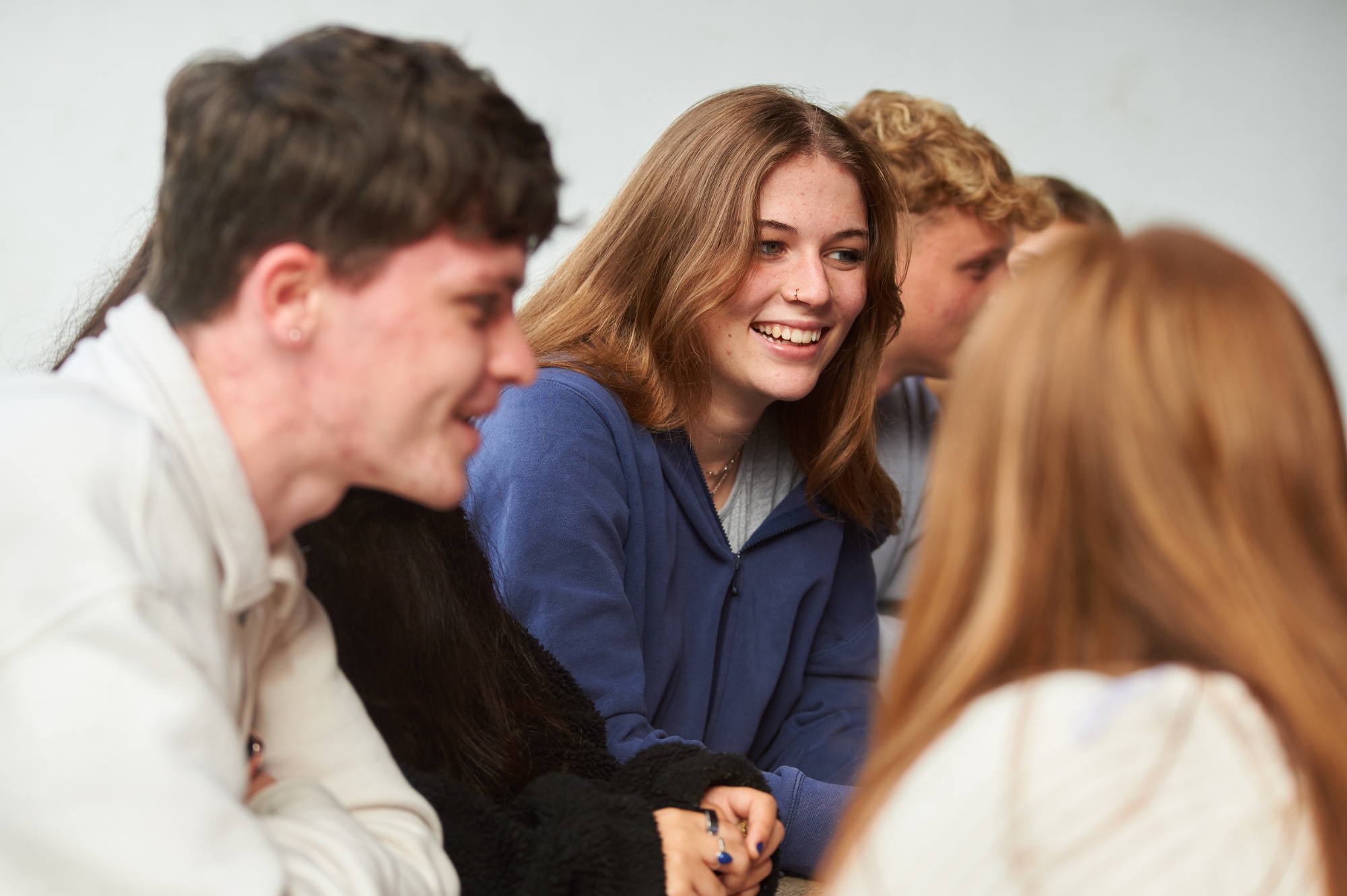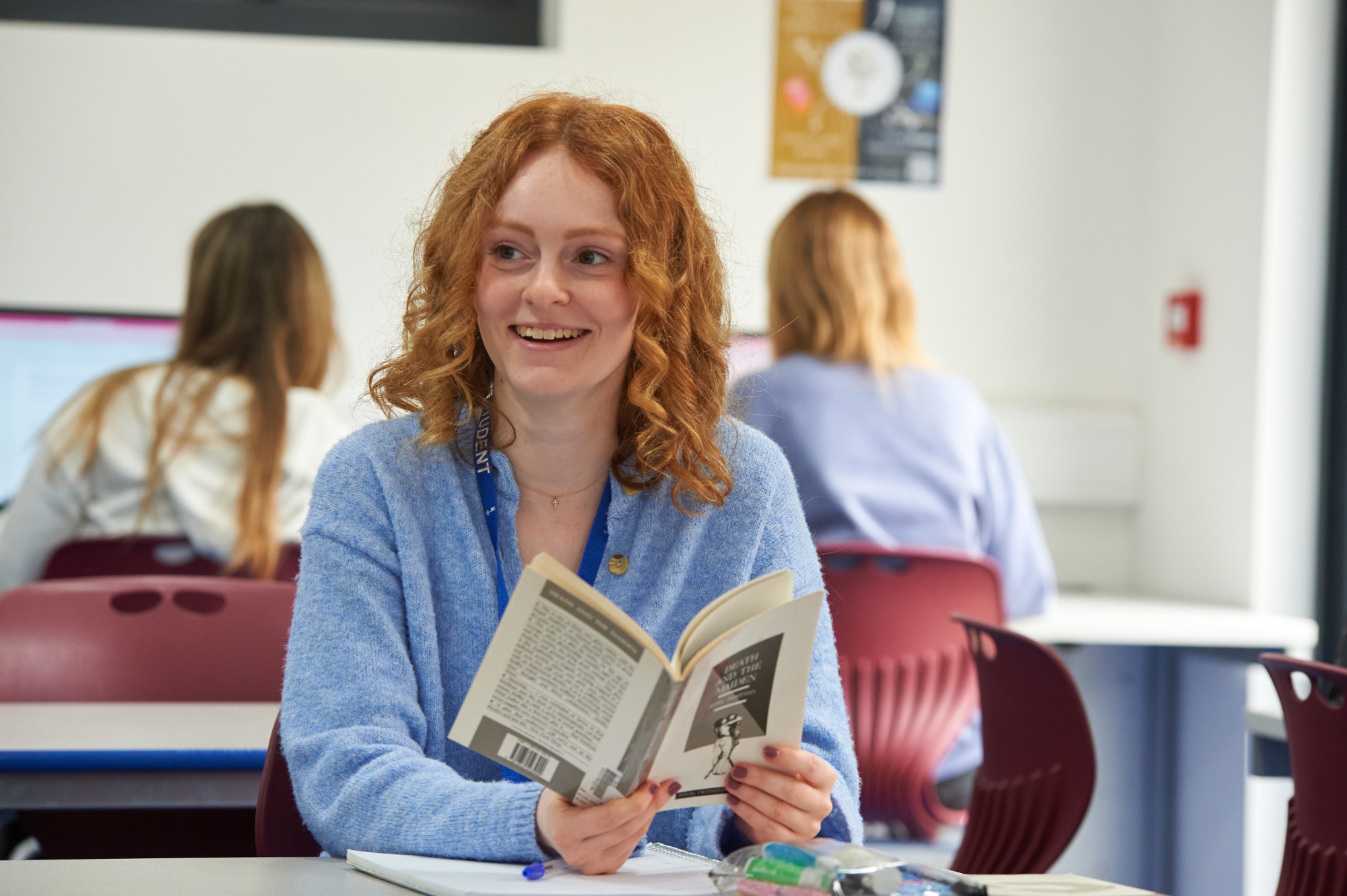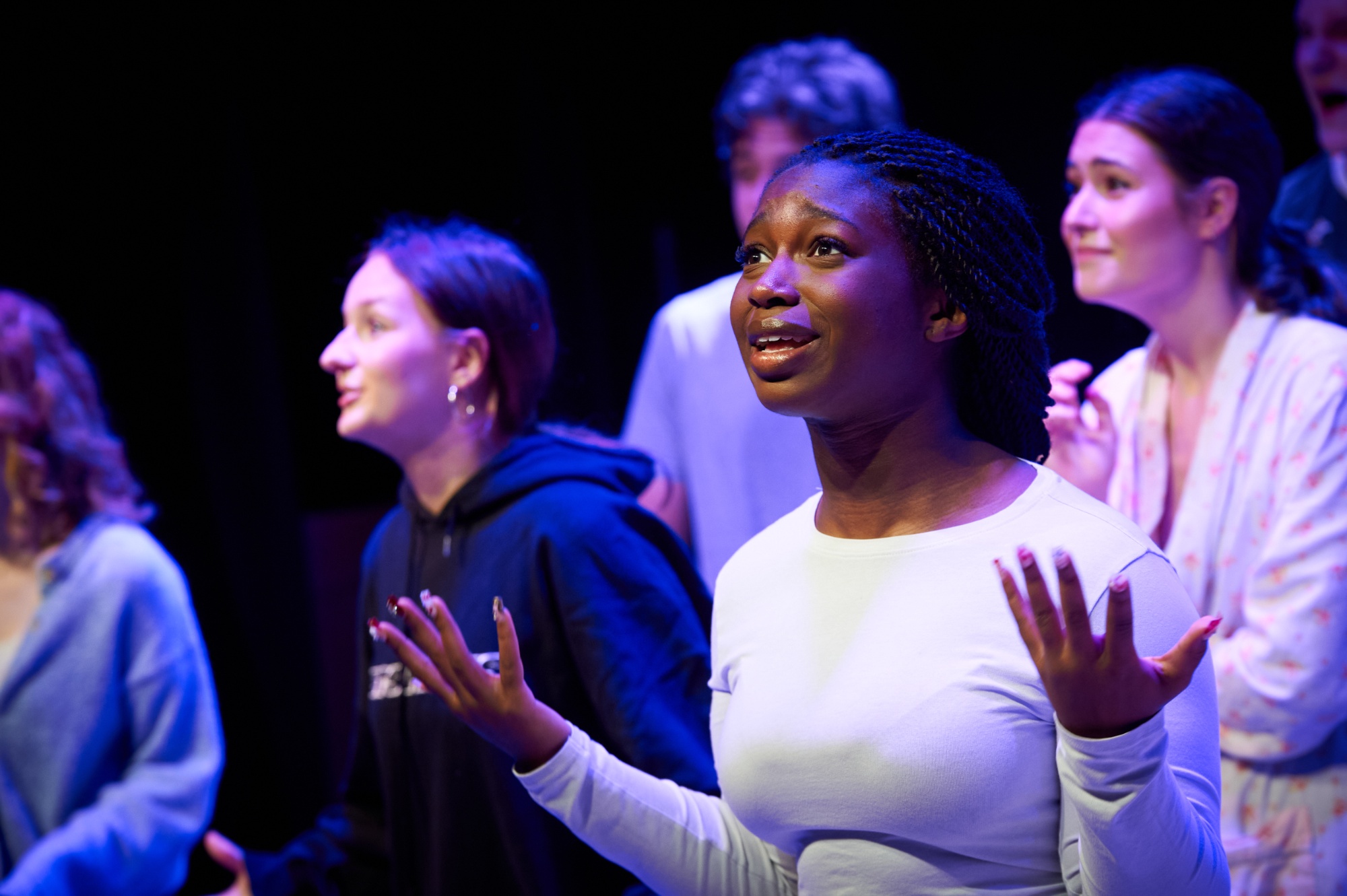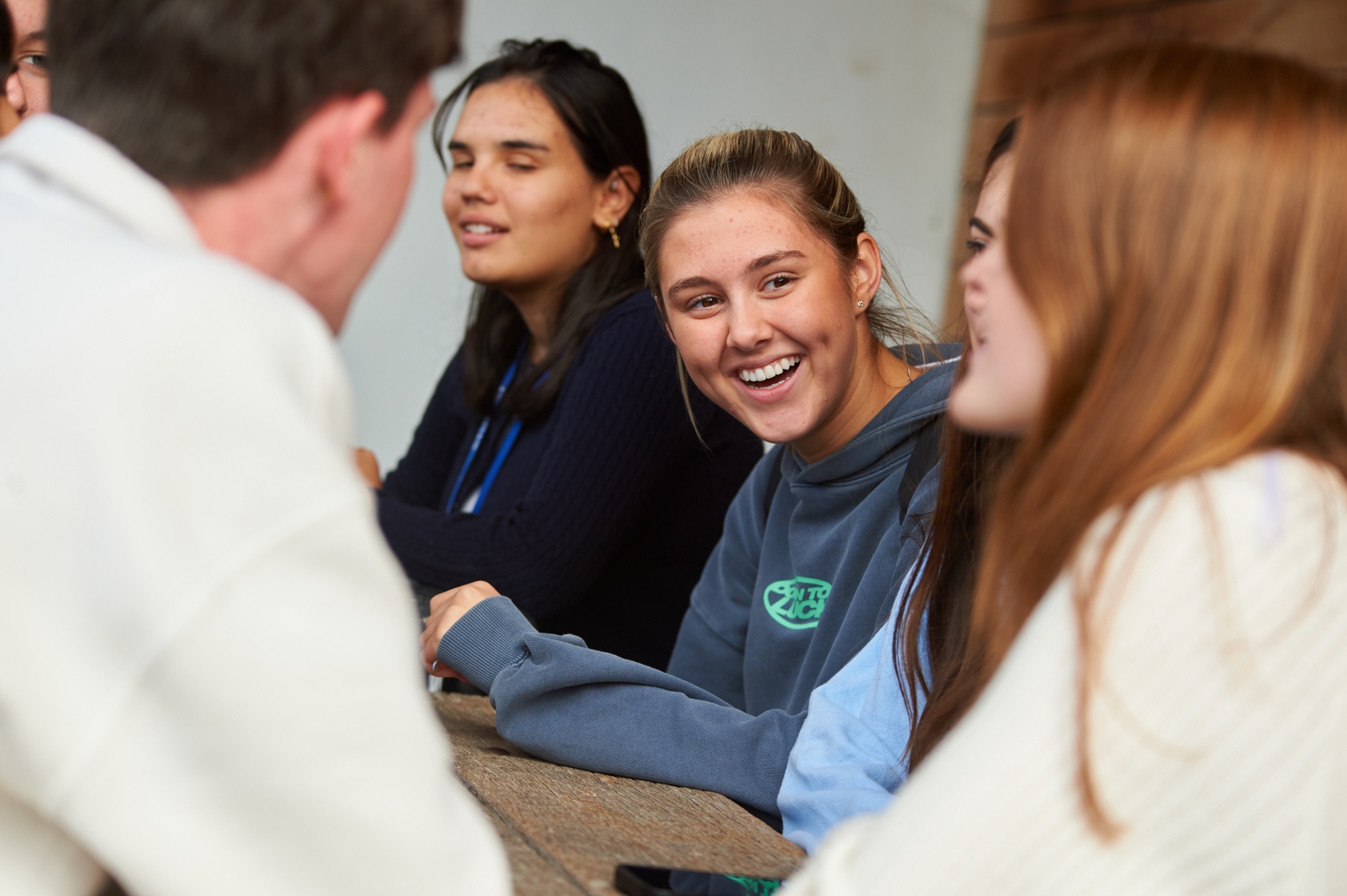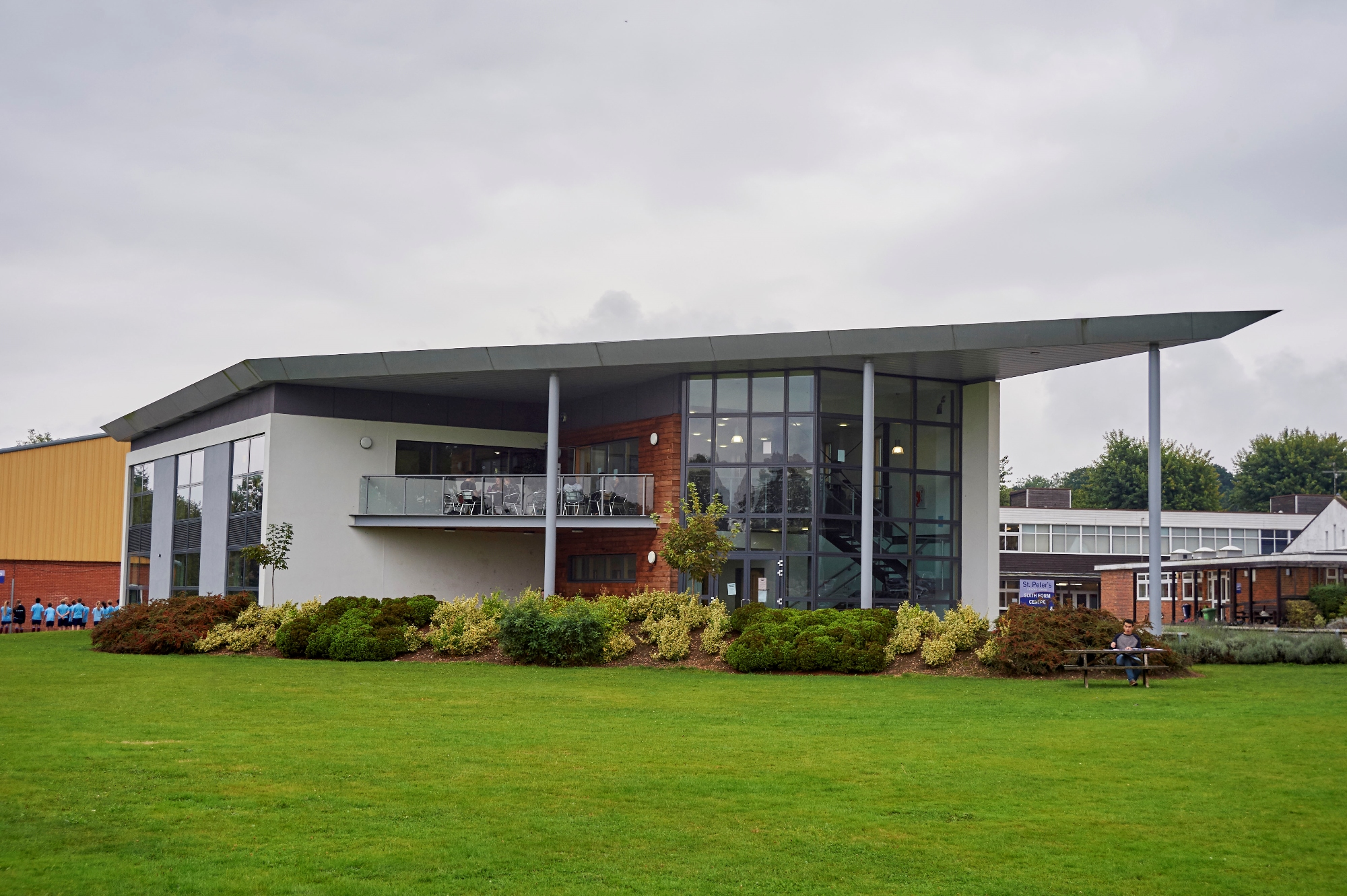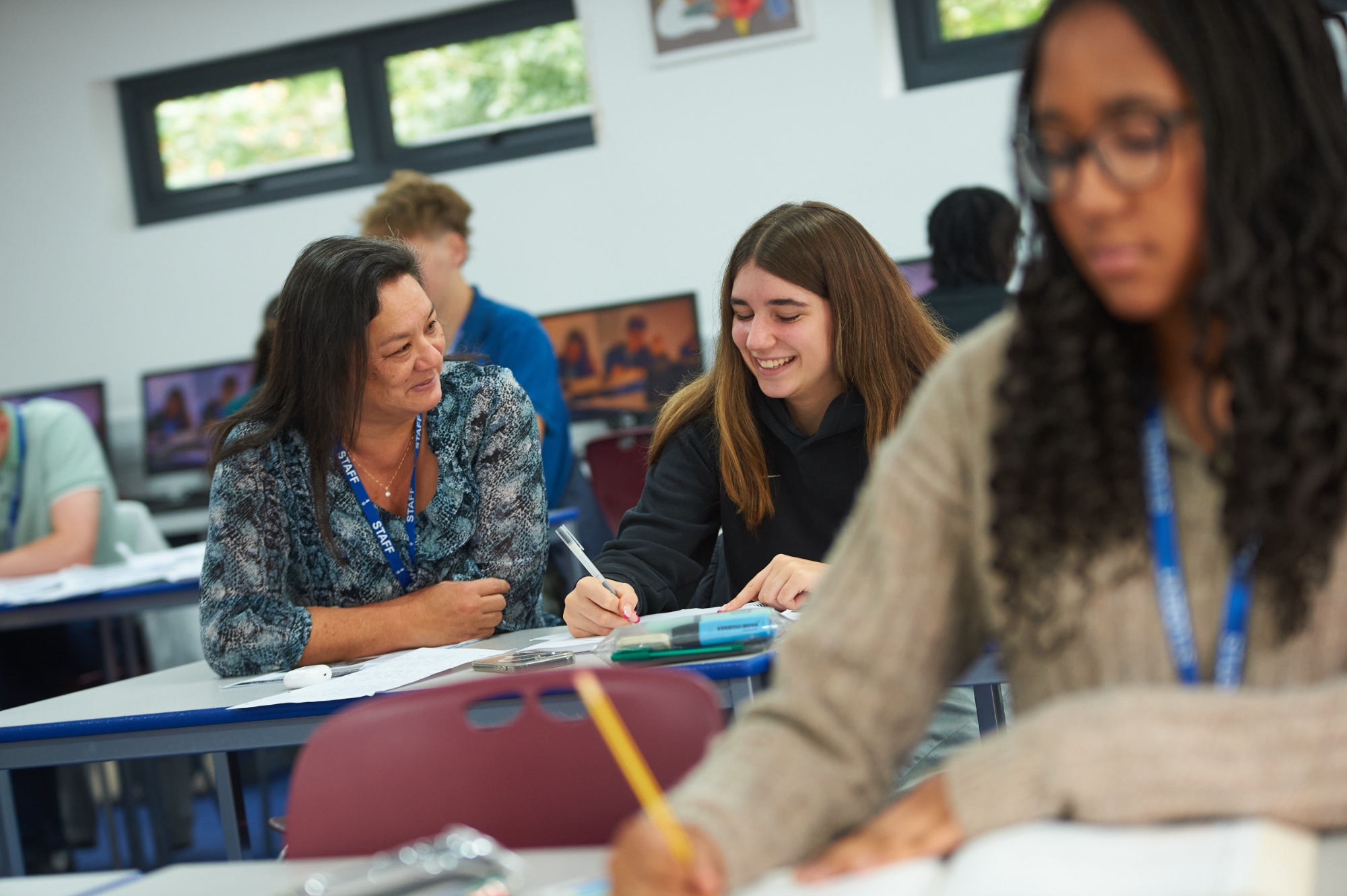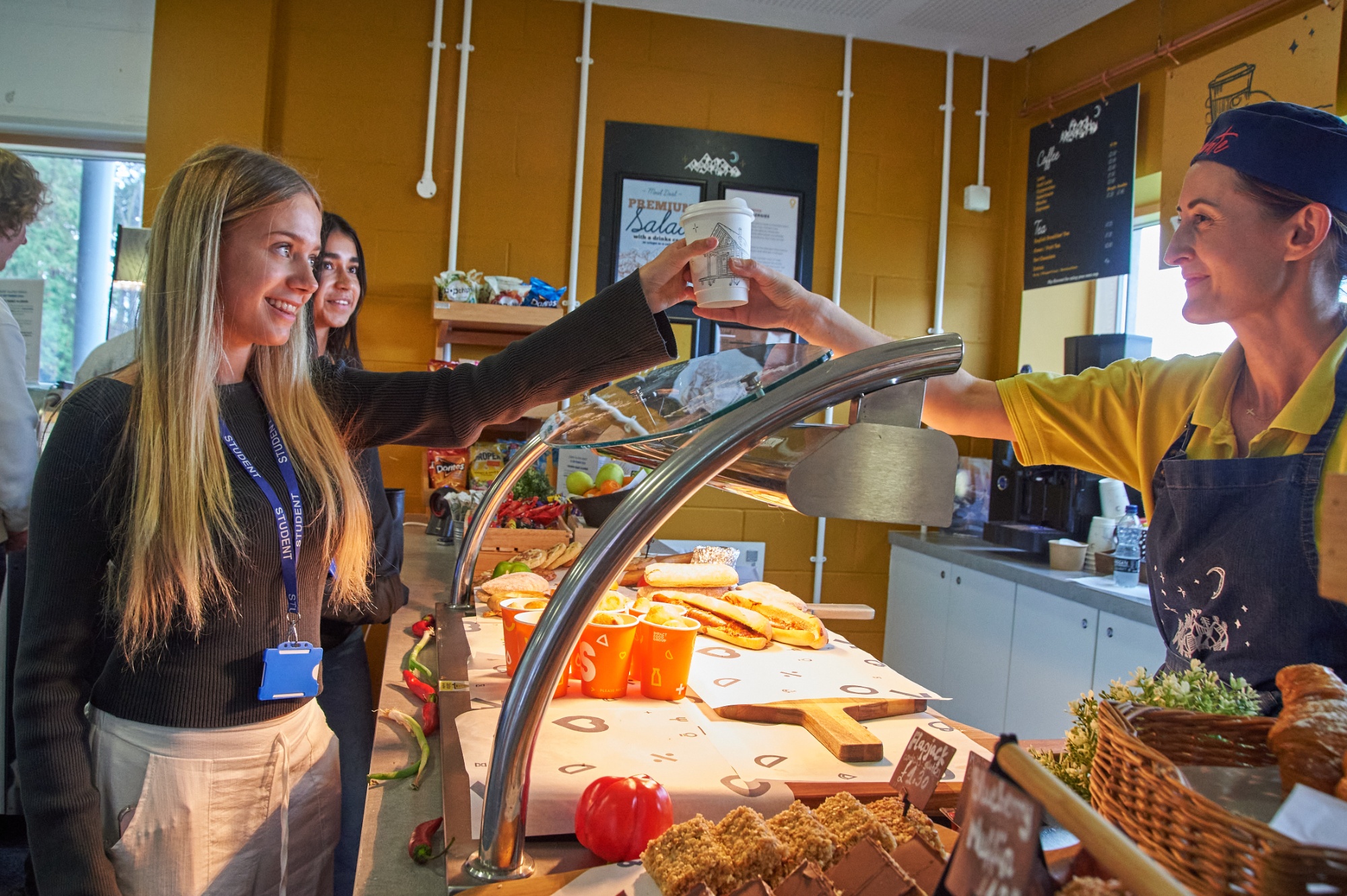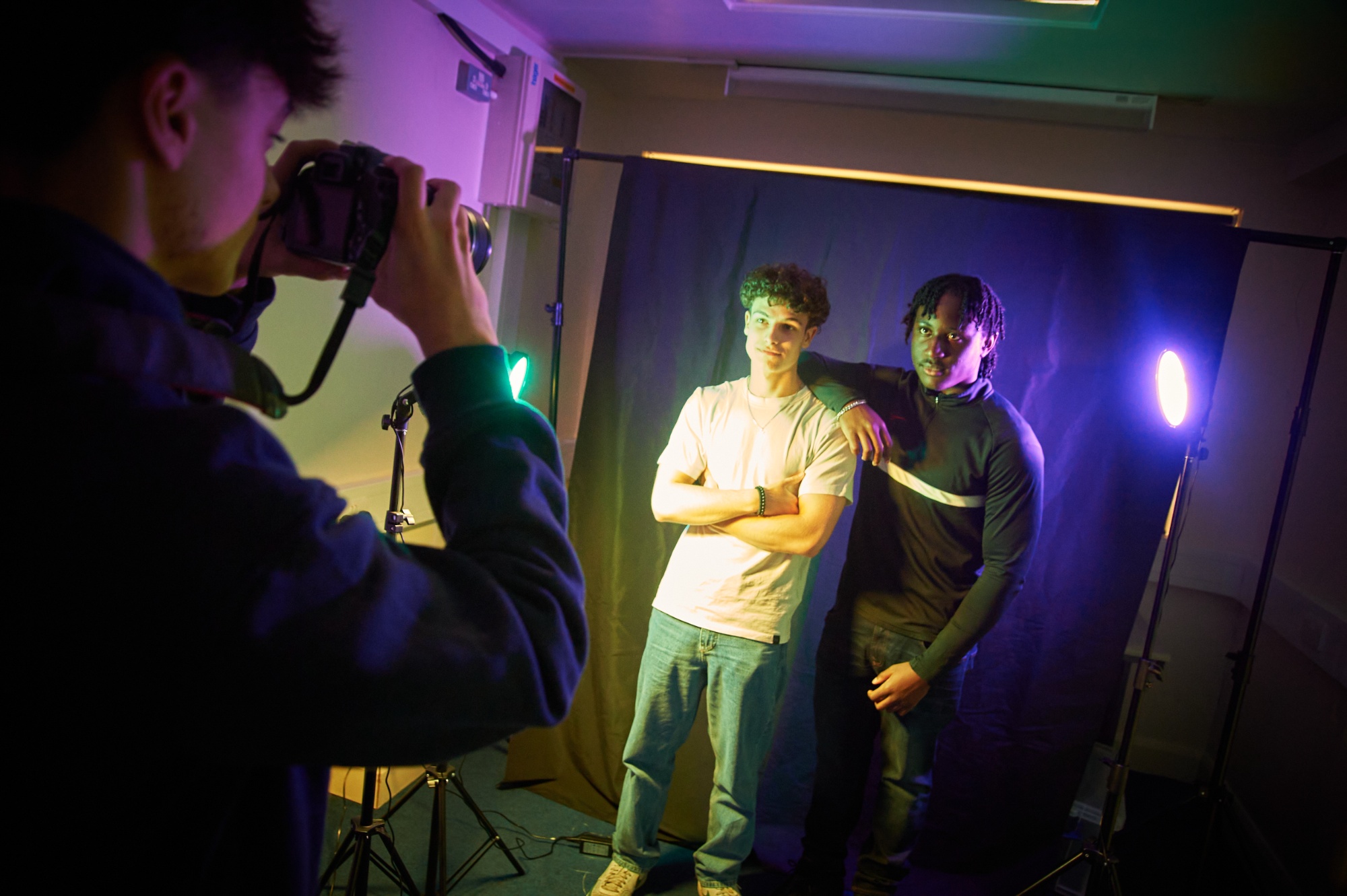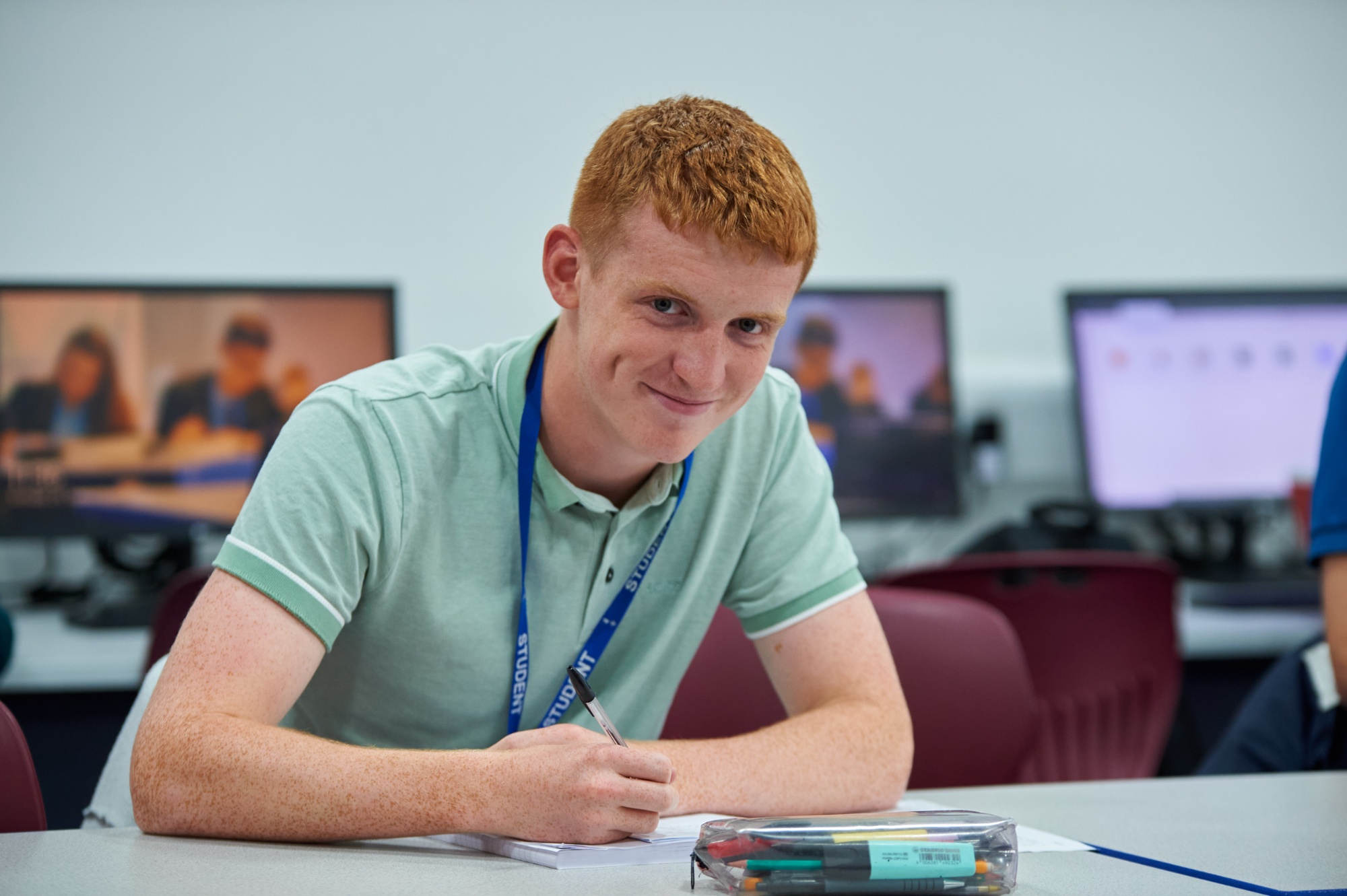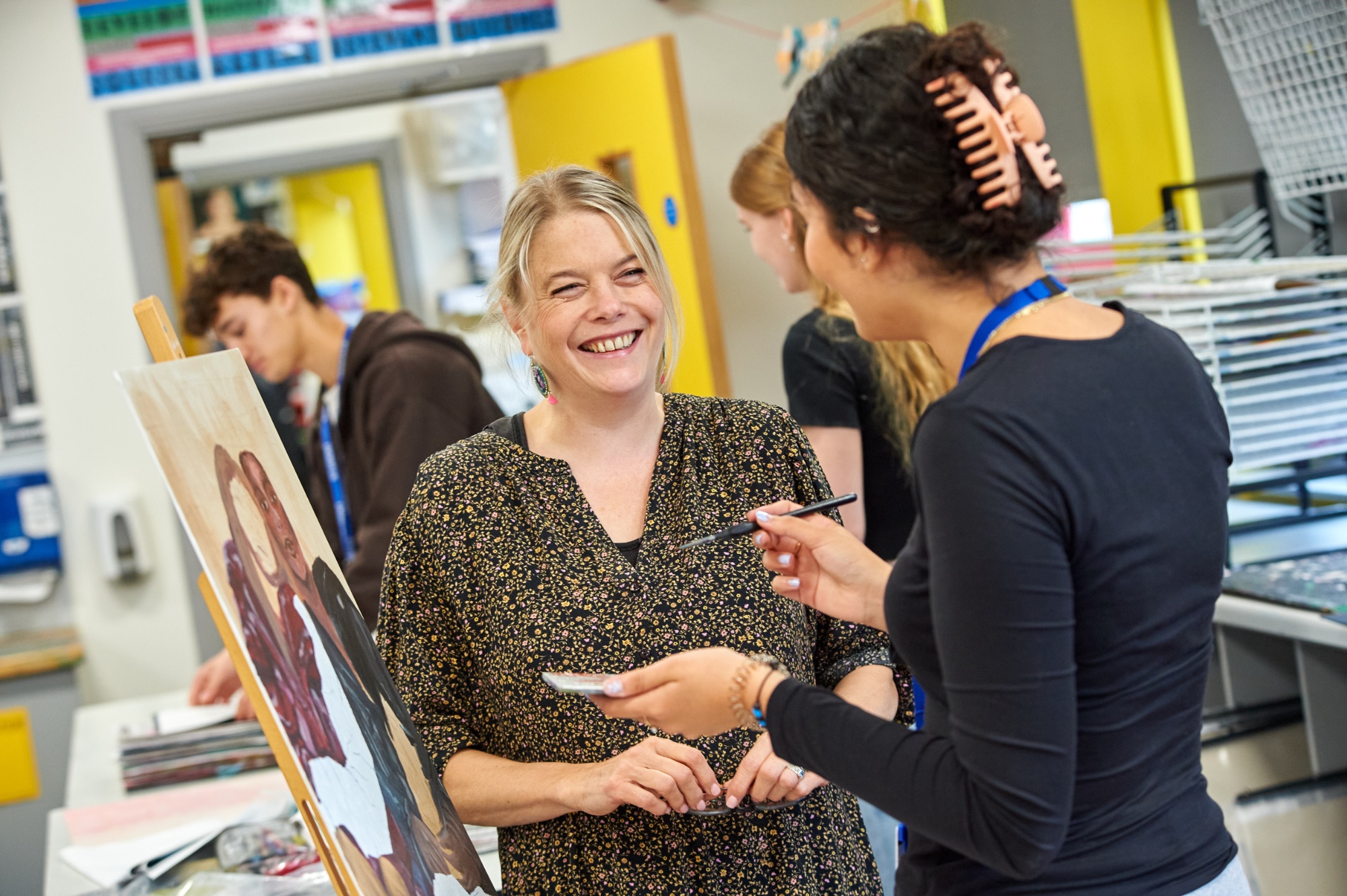Psychology
 Miss X Miller
Miss X Miller
Head of Psychology (Maternity Leave)
THE TEAM
| Mrs J Evans-Bailey | Teacher of Psychology (Maternity Leave) |
| Mrs E Fraser | Teacher of Psychology, Teacher of English |
| Miss L Hegg | Teacher of Psychology |
| Mr D Mcloughlin | Teacher of Psychology |
INTRODUCTION TO THE DEPARTMENT
Psychology is the scientific study of the human mind and behaviour. You will develop an understanding of the world around you by looking at a variety of perspectives on behaviour, for example, the development of gender, the process of memory and forgetting and the origins of aggression. In addition to subject-based skills and knowledge, students of psychology also acquire a number of transferable skills e.g. IT literacy, data handling and analysis, independent and team research, report writing and learning to work ethically and professionally with people – all highly valued in a range of fields.
The emphasis of the course is on applying knowledge, understanding and developing the skills of analysis, evaluation and critical thinking.
WHY STUDY PSYCHOLOGY?
Psychology is the scientific study of the human mind and behaviour. You will develop an understanding of the world around you by looking at a variety of perspectives on behaviour, for example, the development of gender, the process of memory and forgetting, and the origins of aggression. In addition to subject-based skills and knowledge, students of psychology also acquire a number of transferable skills e.g. IT literacy, data handling and analysis, independent and team research, report writing and learning to work ethically and professionally with people – all highly valued in a range of fields. The emphasis of the course is on applying knowledge, understanding and developing the skills of analysis, evaluation and critical thinking.
FUTURE ACADEMIC AND CAREER PATHWAYS
Those who train in psychology can go on to work in a variety of professions such as forensic, clinical or sport and exercise psychology or work as professional psychologists in the National Health Service, the Civil Service, education and industry. Psychology also provides a very useful basis for a wide range of other careers such as human resources, business, education and youth work.
COURSE CONTENT
Students will be studying the AQA syllabus.
In Year 12, two of the three units will be covered, these being:
- Introductory topics in psychology: Social influence, Memory, Attachment and Psychopathology
- In this unit, students will learn about obedience and conformity; formation of memory and forgetting; the reliability of eye witness testimony; the development of attachments; explanations and treatment for different mental health conditions.
- Psychology in context: Approaches in psychology, Biopsychology and Research methods
- In this unit, students will learn about various paradigms of explaining and investigating behaviour; brain structure and function; biological rhythms; how we conduct and analyse psychological research.
In Year 13 the final unit is covered:
- Issues and options in psychology.
- In this unit, students will consider the 'big' debates in psychology as well as learning about typical, atypical and antisocial behaviour such as gender, schizophrenia and aggression.
ASSESSMENT
Unit 1: Social influence, memory, attachment, psychopathology
Unit 2: Approaches in psychology, biopsychology, research methods
Unit 3: Issues and debates, typical, atypical and antisocial behaviour
This will be assessed through three, 2 hour exams – one for each unit taken at the end of Year 13. Each paper is worth one third of the overall course grade. There are a range of multiple choice, short and longer answer essay style questions.
COURSE REQUIREMENTS
To access A Level Psychology, you are advised to have achieved at least a grade 6 in GCSE Science, grade 5 in GCSE Mathematics and grade 6 in GCSE English Language or English Literature.

